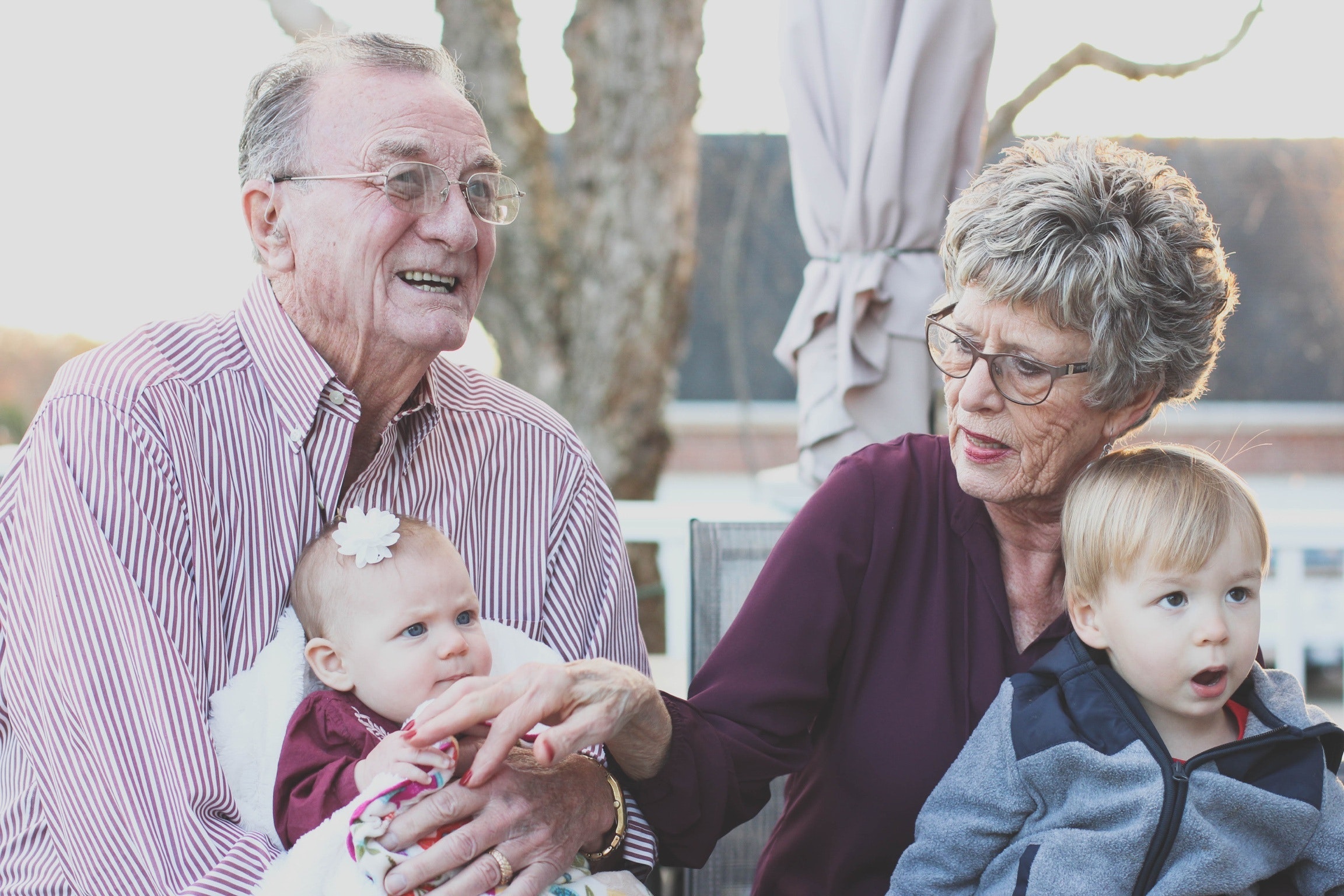Understanding Alzheimer’s: A Comprehensive Guide to Care

The image is not directly related to the article. It merely symbolizes the life of elderly people.
Understanding Alzheimer’s: A Comprehensive Guide to Care
What is Alzheimer’s disease?
What are the early signs and symptoms of Alzheimer’s?
Early signs of Alzheimer’s may include memory loss, difficulty finding words, challenges with problem-solving, confusion with time or place, misplacing items, changes in mood or personality, withdrawal from social activities, and poor judgment.
How is Alzheimer’s diagnosed?
Alzheimer’s is typically diagnosed through a combination of medical history evaluations, physical exams, neurological tests, and assessments of memory and cognitive skills. Brain imaging scans and laboratory tests may also be performed to rule out other conditions.
Is there a cure for Alzheimer’s?
Currently, there is no cure for Alzheimer’s disease. However, there are treatments available that can help manage symptoms, slow down the progression of the disease, and improve quality of life for individuals living with Alzheimer’s.
How can Alzheimer’s be managed?
Managing Alzheimer’s involves a comprehensive approach that includes medication, lifestyle modifications, support from caregivers and family members, regular medical check-ups, cognitive stimulation, physical exercise, and a healthy diet. It is important to create a safe and supportive environment for individuals with Alzheimer’s.
What can caregivers do to support individuals with Alzheimer’s?
Caregivers play a crucial role in supporting individuals with Alzheimer’s. They can provide emotional support, help with daily activities, create a routine, ensure safety at home, encourage social engagement, provide nutritious meals, and communicate effectively. Caregivers should also take care of their own physical and mental well-being.
The image is not directly related to the article. It merely symbolizes the life of elderly people. Understanding Alzheimer’s: A Comprehensive Guide to Care What is Alzheimer’s disease? Alzheimer’s disease is a progressive brain disorder that affects memory, thinking, and behavior. It is the most common cause of dementia, accounting for 60-80% of cases. Alzheimer’s…
Recent Posts
- Empowering Caregivers: The Best Online and Offline Resources to Enhance Your Skills
- Traveling with a Purpose: The Rise of Volunteer Vacations
- Breaking Stigma: Dispelling Myths about Mobility Aids and Disability
- Avoiding Probate: How Trusts Can Simplify the Estate Settlement Process
- Senior Citizens Beware: Common Financial Scams and How to Stay Protected

